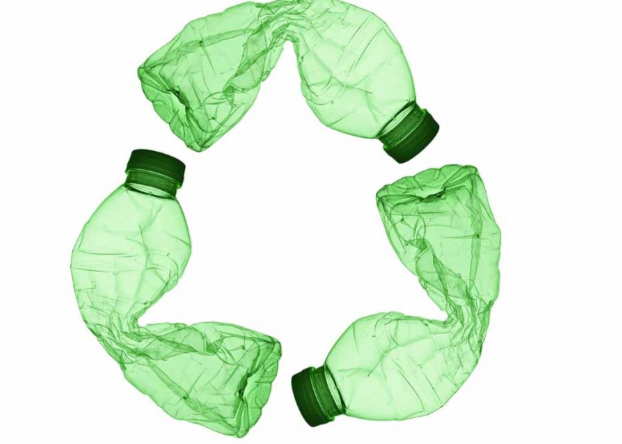Plastic waste poses a significant challenge globally, with polypropylene (PP) being a substantial contributor. PP, commonly used in packaging, household goods, and automotive parts, is valued for its durability and versatility. However, its extensive use has led to concerns about its environmental impact. By adopting reliable PP Recycling practices, businesses and individuals can help reduce plastic waste while benefiting both the environment and the economy.
A Step Toward Environmental Sustainability
One of the direct benefits of reliable PP recycling is its positive impact on the environment. Recycling reduces the need to produce virgin plastic, which in turn decreases the consumption of non-renewable resources like petroleum. Additionally, producing recycled PP has a lower carbon footprint compared to manufacturing new material, significantly cutting down greenhouse gas emissions. Recycling systems also keep large quantities of PP waste out of landfills and oceans, where it can take hundreds of years to degrade, often causing harm to wildlife and ecosystems in the process.
Cost-Effective Resource Management
PP recycling is not just good for the planet; it also offers cost-saving advantages for manufacturers and industries. By using recycled PP, companies can reduce their dependency on virgin materials, which are often more expensive to produce and procure. Recycling programs create a consistent supply of raw materials, reducing price volatility and fostering stable production cycles. These financial benefits make recycling an attractive option for industries aiming to lower operating costs without compromising the quality or availability of their materials.
Innovation in Recycling Practices
Another advantage of reliable PP recycling is the boost it gives to innovation in waste management and material recovery. With advancements in recycling technology, more efficient methods, such as chemical recycling and advanced sorting systems, are being developed. These techniques allow for better separation of PP from mixed waste streams, enabling higher-quality recycled materials. Innovation in this sector also opens opportunities for collaboration between industries, researchers, and policymakers to create more efficient recycling systems on a large scale.
Preventing Overflowing Landfills
Overloaded landfills are a pressing concern worldwide, and PP waste is a significant contributor. When PP products are recycled, they are repurposed into new goods, from textiles to construction materials, helping to mitigate landfill overflow. This reduces the environmental burden and makes room in landfills for waste materials that cannot be recycled. Recycling contributes to a more balanced and sustainable waste management ecosystem.
Supporting a Circular Economy
Reliable PP recycling plays a pivotal role in moving toward a circular economy. This system focuses on reusing and regenerating materials to keep them in use for as long as possible. PP waste, when recycled efficiently, can be turned into new products multiple times without significant loss of quality. A circular approach reduces the demand for virgin materials and minimizes environmental pollution, creating a more sustainable and self-replenishing economic model.
Promoting Awareness and Community Engagement
PP recycling also fosters greater awareness about the importance of sustainability. When people and organizations actively engage in recycling programs, they contribute to building a culture of responsibility toward the environment. Community-wide recycling initiatives create educational opportunities and encourage collective action in addressing plastic waste. This shared effort not only improves local recycling rates but also inspires others to adopt environmentally friendly practices.
By prioritizing reliable PP recycling practices, we can collectively reduce plastic waste, save resources, and create a more sustainable future. Small changes in disposal and recycling habits can go a long way toward building a cleaner and healthier planet for generations to come.

